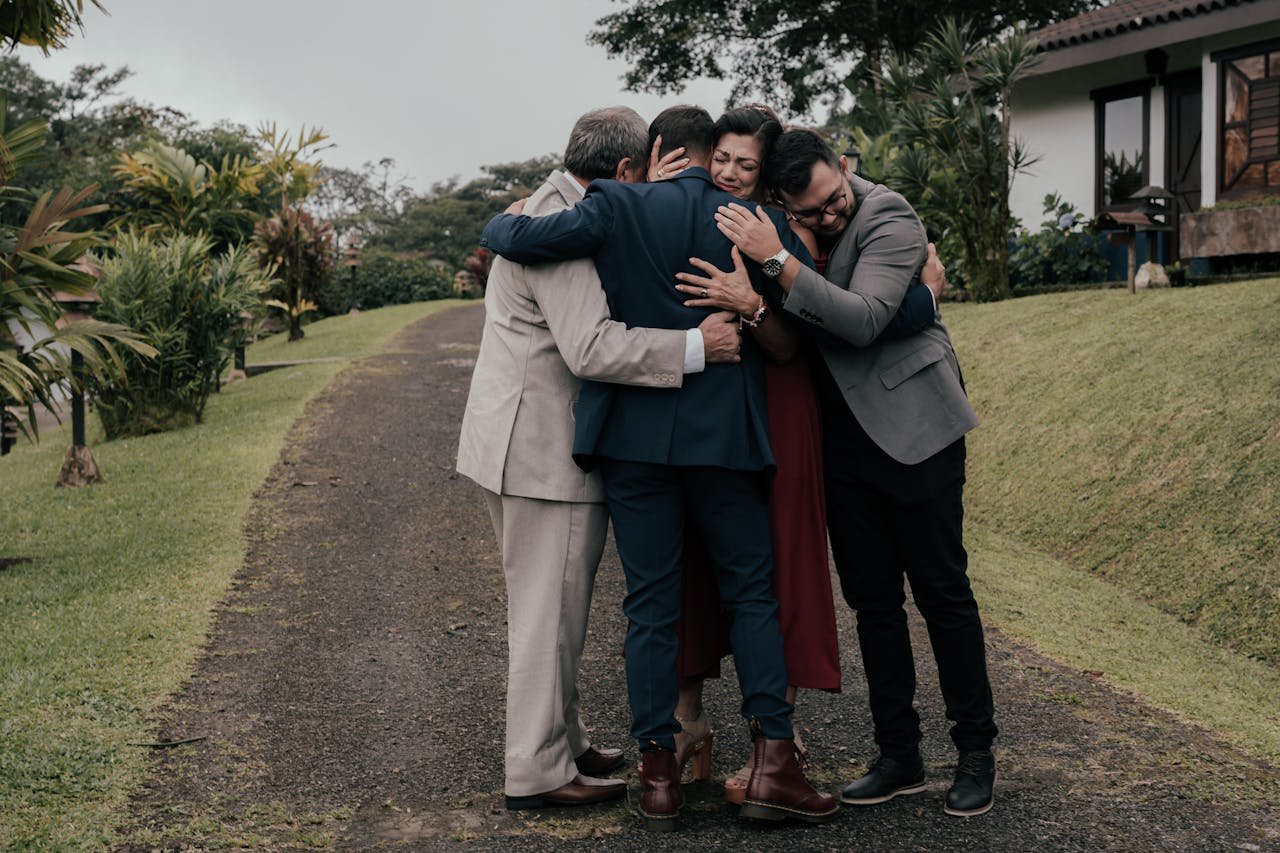Temporary Residence
Permanent Residency
Other Services
Spousal Sponsorship Overview
Spousal sponsorship enables Canadian citizens or permanent residents to sponsor their spouse, common-law partner, or conjugal partner for permanent residency in Canada. This process is designed to reunite families by allowing loved ones to live together in Canada.
Eligibility Criteria for Sponsors
To sponsor a partner, you must:
- Be at least 18 years old.
- Be a Canadian citizen, permanent resident, or registered under the Canadian Indian Act.
- Reside in Canada or plan to return if living abroad.
- Not be receiving social assistance, except for disability reasons.
- Demonstrate financial capability to support your partner and any dependent children.
Sponsors are required to provide financial support for the basic needs of the sponsored individual for three years from the date they become a permanent resident.


Spousal Open Work Permit (SOWP)
While the permanent residence application is in process, the sponsored partner may be eligible for a Spousal Open Work Permit, allowing them to work in Canada.
Eligibility Requirements
To qualify for a SOWP:
The applicant must have submitted a permanent residence application under the Spouse or Common-Law Partner in Canada Class, which has been accepted for processing by IRCC.
Submit a work permit application with a maximum duration of two years.
Be the subject of a sponsorship application by their Canadian citizen or permanent resident partner.
Reside at the same address as the sponsor in Canada at the time of application.
Hold valid temporary resident status or have applied for restoration of status.
Both applicant and sponsor must meet all eligibility requirements under spousal or common-law partner sponsorship.
The SOWP allows the holder to work for any employer in Canada without the need for a Labour Market Impact Assessment (LMIA).

Common Reasons for Application Refusal
Applications may be refused due to:
- Incomplete or outdated forms.
- Insufficient proof of a genuine relationship.
- Inconsistencies in documentation.
- Issues with police clearance certificates or divorce records.
- Challenges related to children from previous relationships.
A refusal can result in a two-year waiting period before reapplying, and may affect the ability to obtain a Temporary Resident Visa (TRV).

